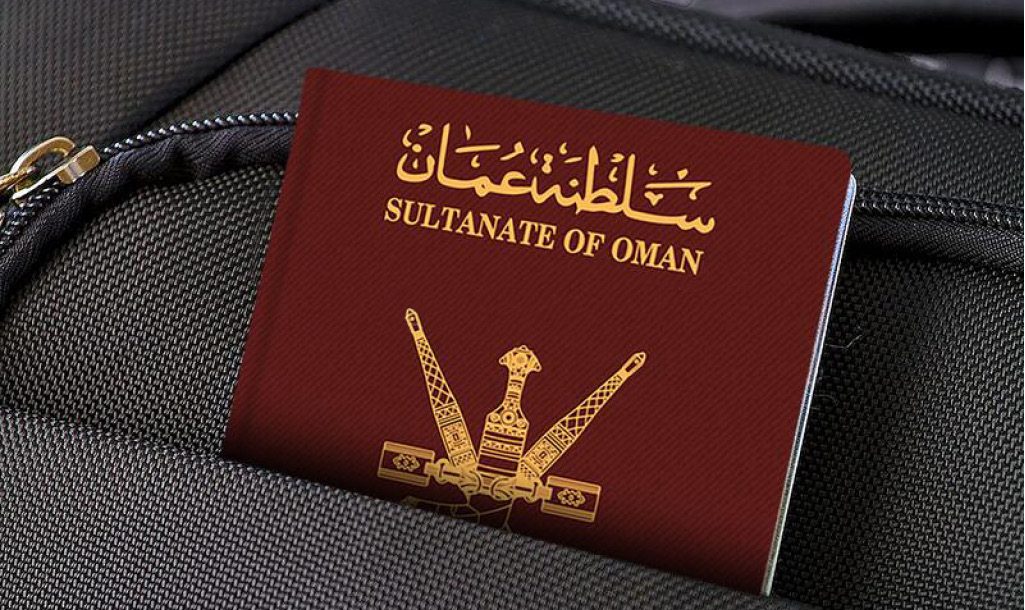The Pakistan Space Activities Regulatory Board (PSARB) has completed the initial draft of the country’s first Space Regulatory Framework and circulated it among relevant stakeholders, including the Pakistan Telecommunication Authority (PTA) and Pakistan Electronic Media Regulatory Authority (PEMRA), for review and feedback.
This landmark framework sets out comprehensive policies across key space sectors, including Satellite Communications, Earth Observation, Positioning, Navigation and Timing (PNT), and Space Transportation. It aims to align Pakistan’s space governance with international standards and best practices.
Key features of the proposed framework include a structured licensing system, risk and safety protocols, coordination mechanisms for satellite frequencies and orbital slots, space object registration, and compliance with global legal obligations. It also addresses cybersecurity, data protection, and commercial space operation transparency.
READ MORE:
Pakistan’s Trade Deficit Surges to $2.75 Billion in July 2025
On March 3, 2025, PSARB partnered with Access Partnership to develop this roadmap. The initiative follows recent milestones like the National Space Policy approval in December 2023 and enforcement of the Space Activities Rules in February 2024.
Once finalized, the framework will be submitted to the federal government for approval. PSARB, operating under the National Command Authority (NCA), requires all satellite service providers to register before seeking PTA licensing.
Global players, including Starlink, OneWeb, Shanghai Spacecom Satellite Technology (SSST), and Amazon’s Project Kuiper, have shown interest in Pakistan’s satellite internet market. Starlink, which received a temporary NOC earlier this year, will now have to reapply under the new framework. Pakistan’s own PakSat High-Throughput Satellite (HTS), developed by SUPARCO, is also positioned as a key domestic alternative.




